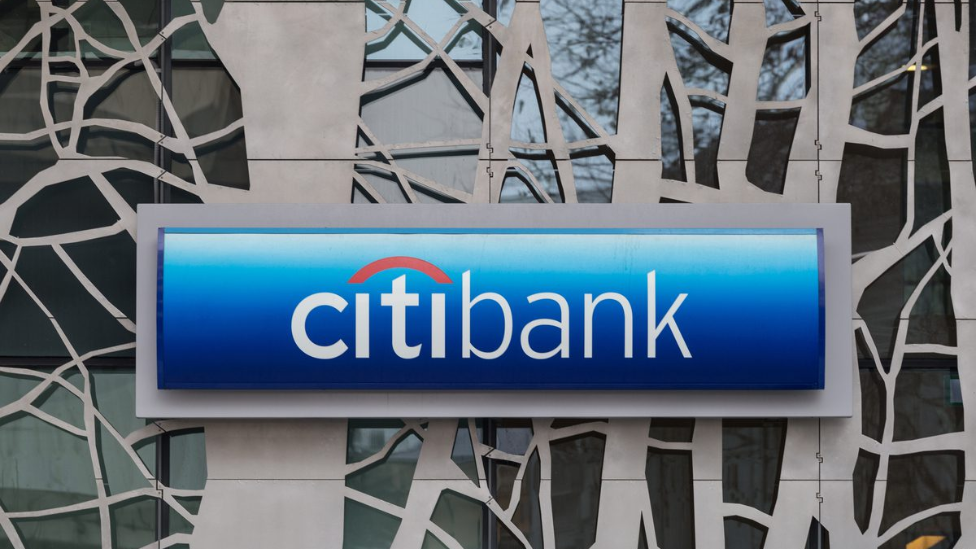Citibank, one of the largest global banks, launched a new token service recently in a bid to bring blockchain to institutions. The token service, Citi Token Services, aims to use blockchain and smart technology to tokenize clients’ deposits so they can be sent across borders quickly.
With this proactive move of Citibank, there is an upgrade in core cash management and traditional finance services.
What the Citi Token Services is about
The global bank announced that its digital assets services have two new offerings: bond custody and tokenized deposits. These services are strategic moves by the bank to provide digital innovation in the financial sector. Speaking on this recent development, Shahmir Khaliq, Citi’s Head of Global Services, stated that Citi Token Services is part of the journey to deliver real-time, always-on, next-generation transaction banking services to its institutionalized clients.
Unlike the public blockchain offered by Bitcoin and Ethereum, the bank will use a private blockchain to carry out its services. For Citi, the idea is to streamline the long process of making large transactions by digitizing bank guarantees and letters of credit. The integration of smart contracts is to automate this trade process. Thus, the smart contracts will serve the same purpose as bank guarantees that self-execute when the contract conditions are met.
In the bank’s pilot stage of the new digital asset service, Citi collaborated with shipping giant Maersk. It tested the token services by pre-funding a smart contract with digitized tokens. When the company received the agreed services through a canal authority, the token was paid out instantly.
The successful test run of this pilot stage is a good indication for the shipping industry, which is especially susceptible to cumbersome processes. Collecting payments can be a challenge for banks owing to the paperwork involved. The Citi Token Services can reduce transactions from days to minutes.
Following the successful pilot stage, both companies announced that the new digital asset service could provide instant payments to service providers, which is helpful for companies with many vendors.
Looking ahead
Citibank is not the first global bank to explore a private blockchain service. In 2023, JP Morgan showed interest in bank-issued deposit tokens, separate from CBDCs and stablecoins. While JP Morgan is still in the early stages of launching a similar blockchain service, Citibank is now using private blockchain for its new digital asset service.
In addition, from a regulatory standpoint, a large bank like Citi must use private or permissioned blockchain. Where the regulatory views change on a public blockchain, maybe a company like Citi can adopt a public blockchain. Until then, we can watch how the new digital asset service succeeds in its offerings.




























